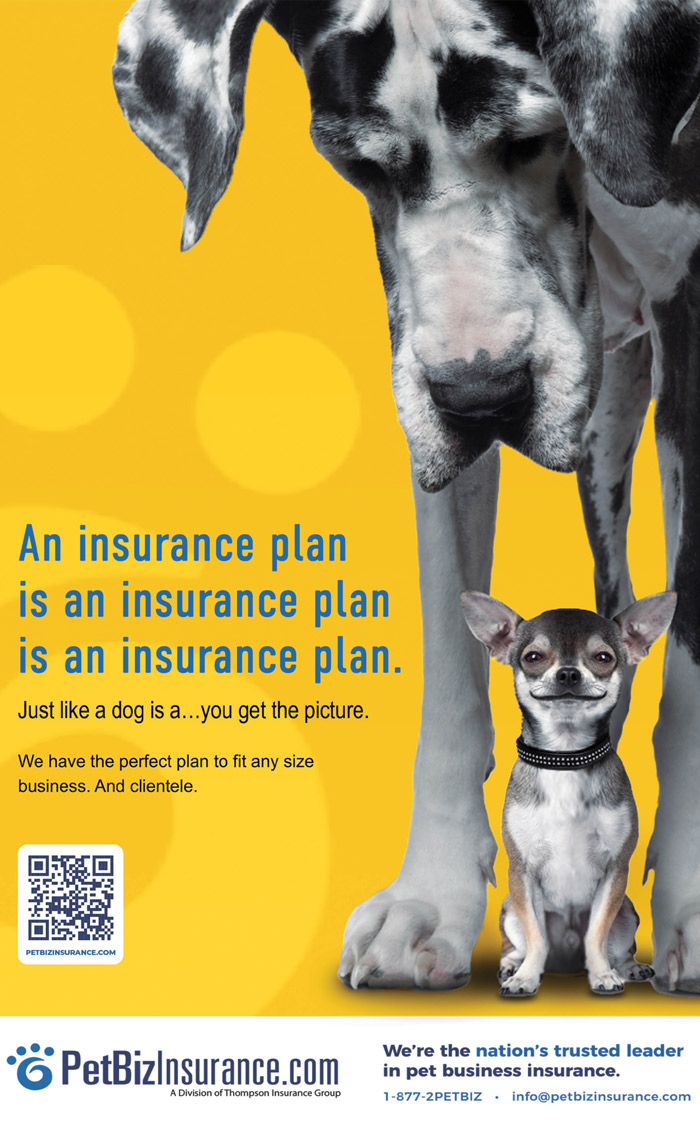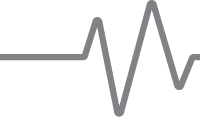
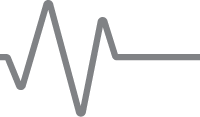
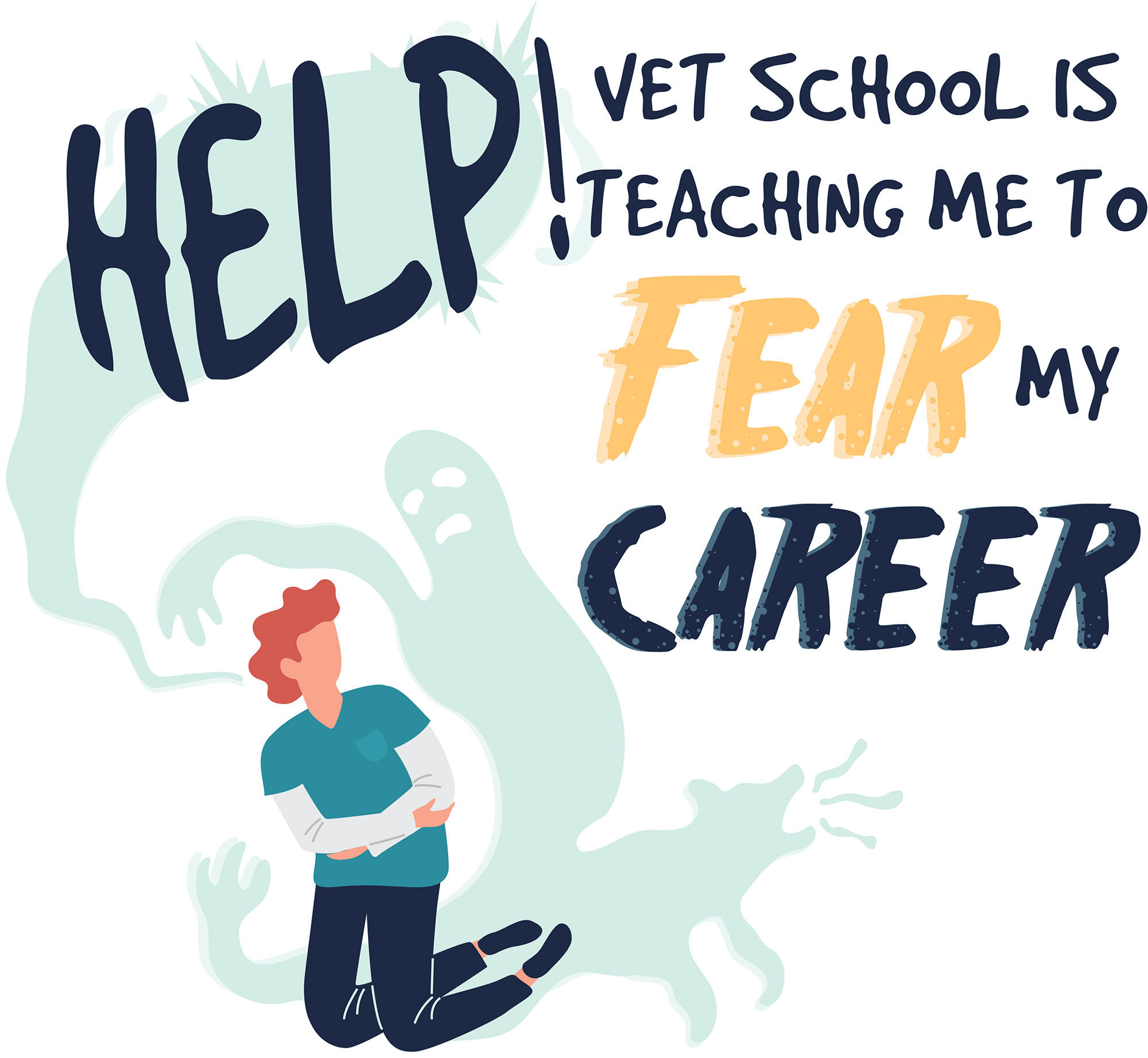
eterinary school taught me to be afraid of my career.” My heart sank when I heard those words from one of my coaching clients recently. In addition to the empathy and compassion I instantly felt for her for her, I was devastated for our profession as a whole.
For years I’ve suspected this was the case; that our academic veterinary programs have been inadvertently teaching future veterinarians to fear the profession they are working so hard to join. But my client’s unprompted words confirmed what I had concluded from interacting with thousands of veterinary professionals since 2017.
Veterinary school, and the traditional career environment that follows, create the perfect conditions to seed and nurture fear. However, we can’t blame veterinary education alone for this unintended consequence. It actually begins much earlier, during our first experiences as students…

Those enrolled in professional veterinary education are excellent students. They’ve spent most of their lives perfecting their academic performance and are the best of the best when it comes to academic intelligence—a trait that has been woven into their personal identity. Then, they enroll in veterinary school, and we crush them…
It starts with their very first exams, where many fail to land above 90%. This is devastating for a student who has a history of successful study habits and test performance. It’s confusing, too. From their perspective, they’ve done the work, they went to class, studied the materials, presented and assigned, and come test day, they were not prepared for what the exam included. How did this happen?
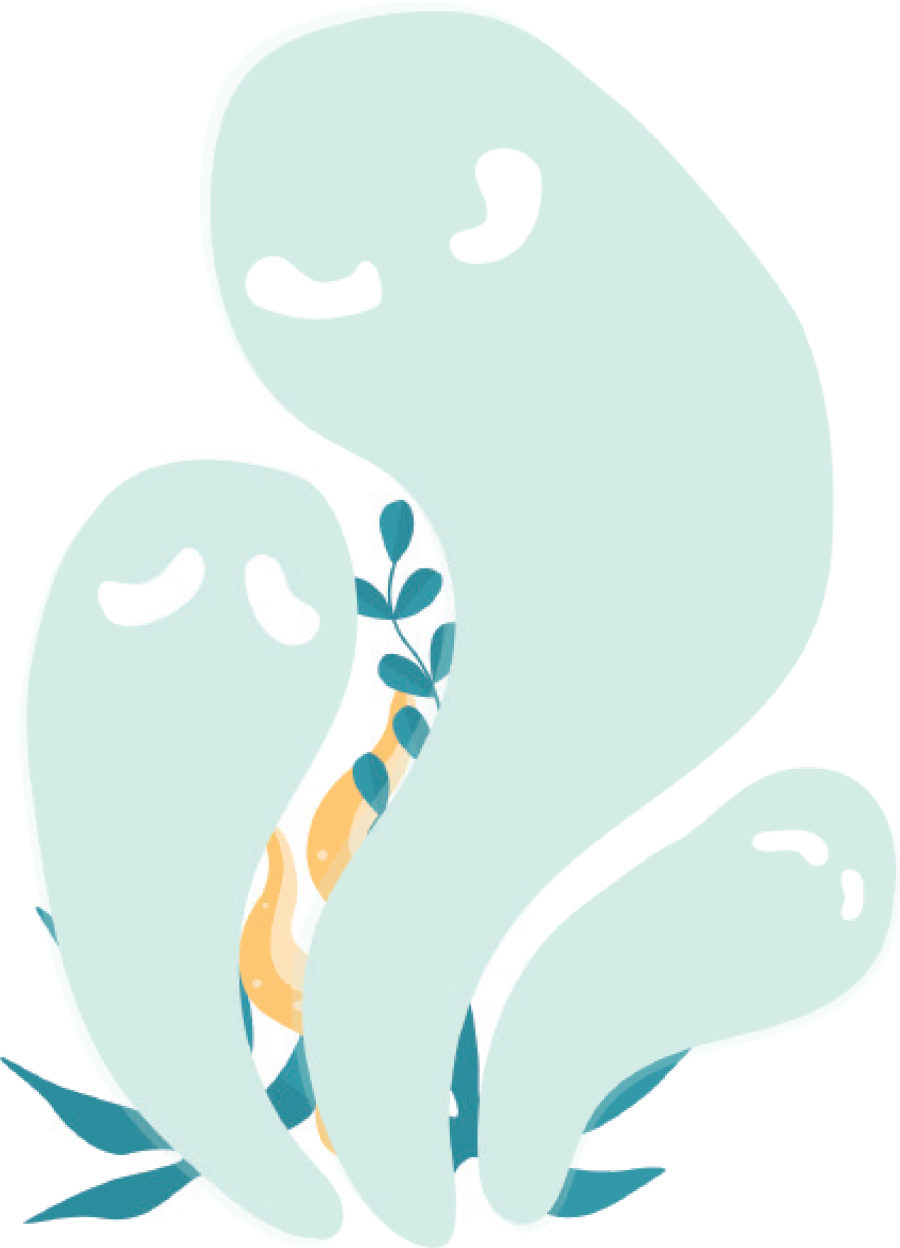
Herein lies the first problem…veterinary schools have admitted a population of students with a history of performing at the far-right end of the academic Bell Curve, and from that academically elite population, they must recreate a Bell Curve distribution of grades in order for their teaching approach to be considered successful. It’s kind of like taking a collection of yellow marbles and being required to turn that group into a collection that includes every color of the rainbow. It can probably be done, if we get really creative in our approach.
Similarly, the methods many use to achieve a Bell Curve from a population already known to be at the extreme right are often “creative.” Students are subjected to unanticipated testing methods and content detail beyond what was presented, assigned, and actually necessary to evaluate true information comprehension and retention.
The result? Many perform far worse on their first exams than they personally anticipated. This not only shakes their confidence, but it also disrupts their foundation of self-worth as fear of failure presents as a very real potential reality.

Academically, most rebound quickly, figuring out the rules of this new game. Those with aspirations of specializing become determined to win the game, often sacrificing their mental health and physical wellbeing to be perceived as performing well. They operate from a belief that it’s not enough to get good grades—you’ve got to be liked as well if you want to collect strong recommendation letters for the coveted internship spots. In this quest, they mold themselves into who they believe they should be in order to succeed, and lose their sense of individual identity in the process.

We warn them. We tell them to stay aware. We scare them to death. And we do this without equipping them with any knowledge or skills to navigate the stress and anxiety they will likely experience. We do not help them to normalize their experience, and so many secretly believe they are the only ones stressed out and suffering. They experience deep shame for the negative emotion they experience, especially when they believe everyone else is doing great. This quietly compounds the problem.
In addition, we encourage them to practice self-care without teaching them what that actually means, and without creating the space for them to actually do so. The unintended result? Emotional crisis that is hidden and attempted to be compensated for through academic success: “If I can get good grades, I must not be as bad as I secretly believe I am.”
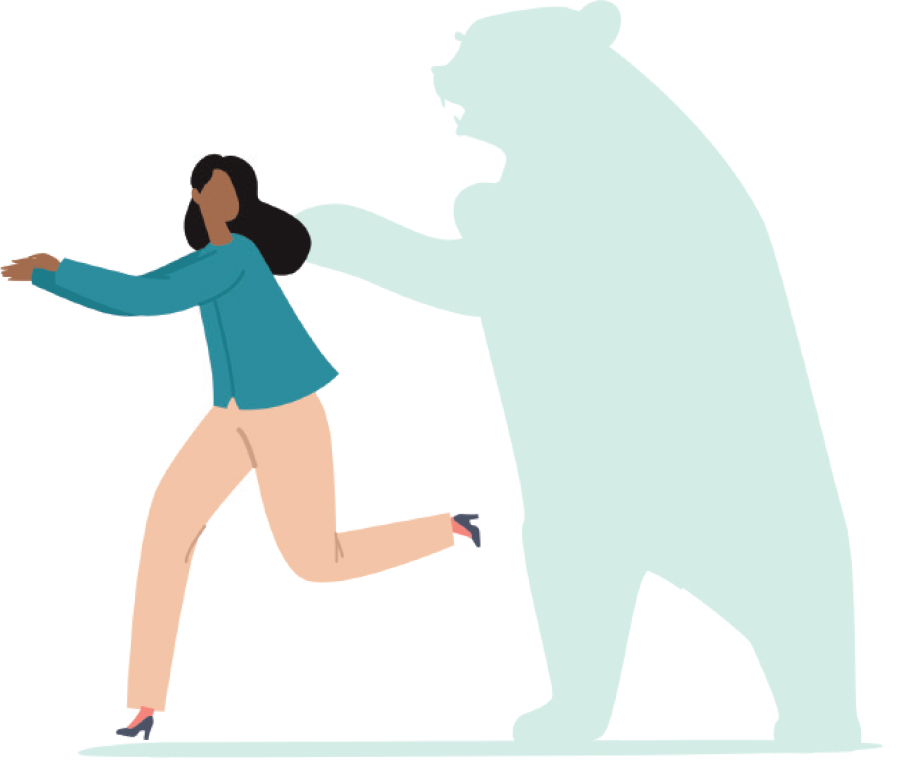
In the real world, veterinarians unknowingly replace those academic scores with two things: 1) patients who get better and 2) clients who are happy. They replace practice of veterinary medicine with a new, unattainable expectation: the perfection of veterinary medicine. In addition, they interpret a fundamental tenet of the Veterinary Oath in a completely unintended way: “First, do no harm” becomes “If my patient shows the slightest evidence of discomfort, I’ve failed.” Unknowingly, they’ve created a scenario where failure becomes their only possible destination.
Meanwhile, they are literally fearing for their lives. Every moment of discomfort, every bad outcome, every ugly client interaction…they all become relatable justification for why veterinarians take their own lives. And we’ve taught them to watch for it, as if they don’t have choice. Add to that their mountain of student loan debt and the belief that staying trapped in a profession where they are failing is the only way to repay it, and suicide becomes a viable exit strategy.
So, where do we go from here?
Truth #1: Our value and self-worth are never contingent upon anything outside of ourselves; they are absolutes simply because we exist. They can’t be created, they can’t be destroyed, and they are absolutely never dependent on any experience in veterinary medicine.
Truth #2: Negative emotional experiences are not evidence of failure or indicators that circumstances exist that need to be fixed. All emotions, including negative emotions, are natural human experiences and created only by internal thought patterns including our own opinions, beliefs and conclusions. Our emotional wellbeing, therefore, is never dependent on patient outcomes, client behavior or anything outside of ourselves.
Truth #3: Learning to leverage the space is the single most effective way to decrease stress and anxiety and expand personal wellbeing, no matter what happens at work or in the world. You are the creator of your own reality. You are powerful. You don’t need external validation to believe in yourself.
We have an opportunity to get in front of the mental health crisis that has become the acceptable norm in veterinary medicine. The bright future we dream of is within our reach. It is our responsibility to create it not only for ourselves, but for all of those who are yet to come. It’s time break the cycle!
